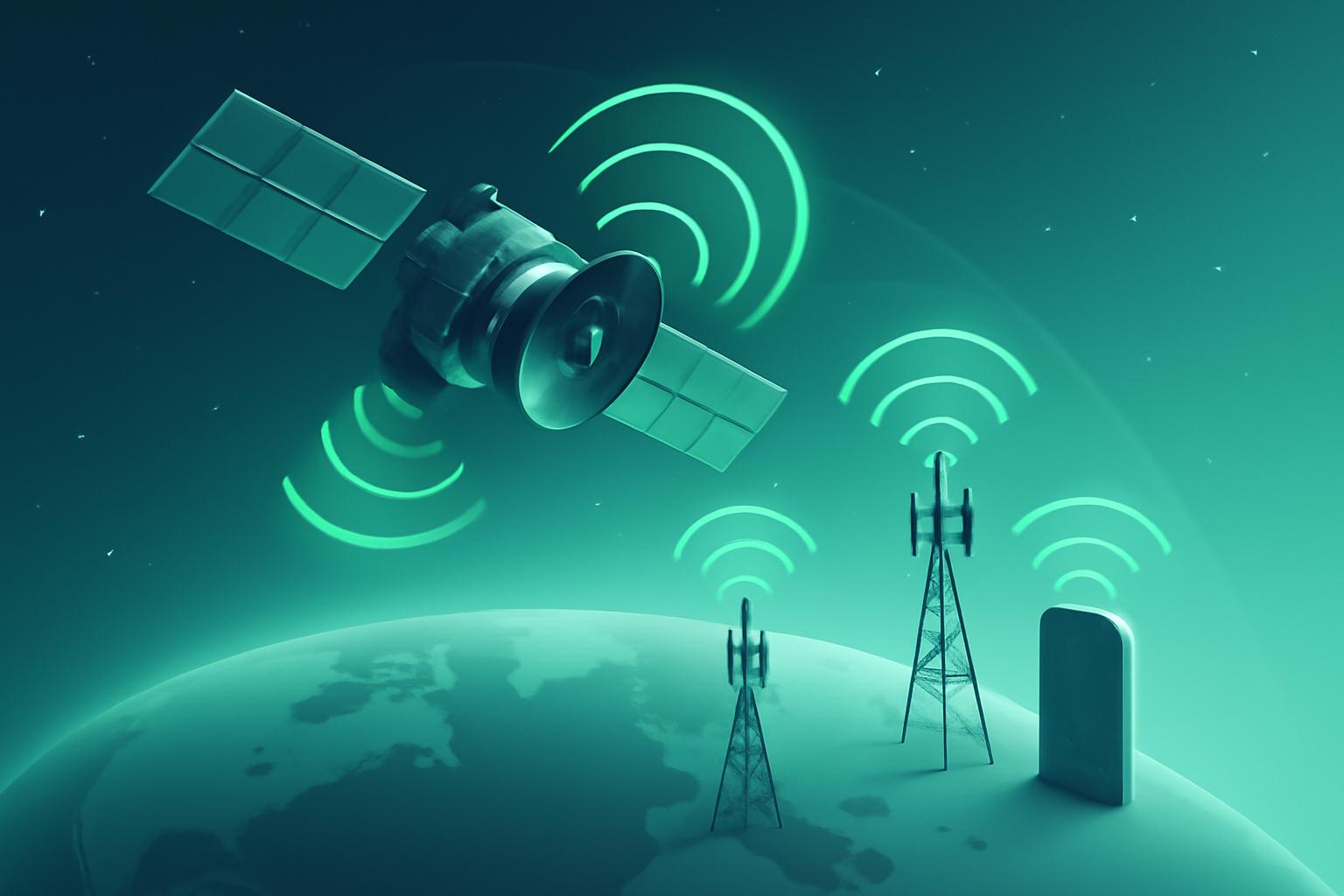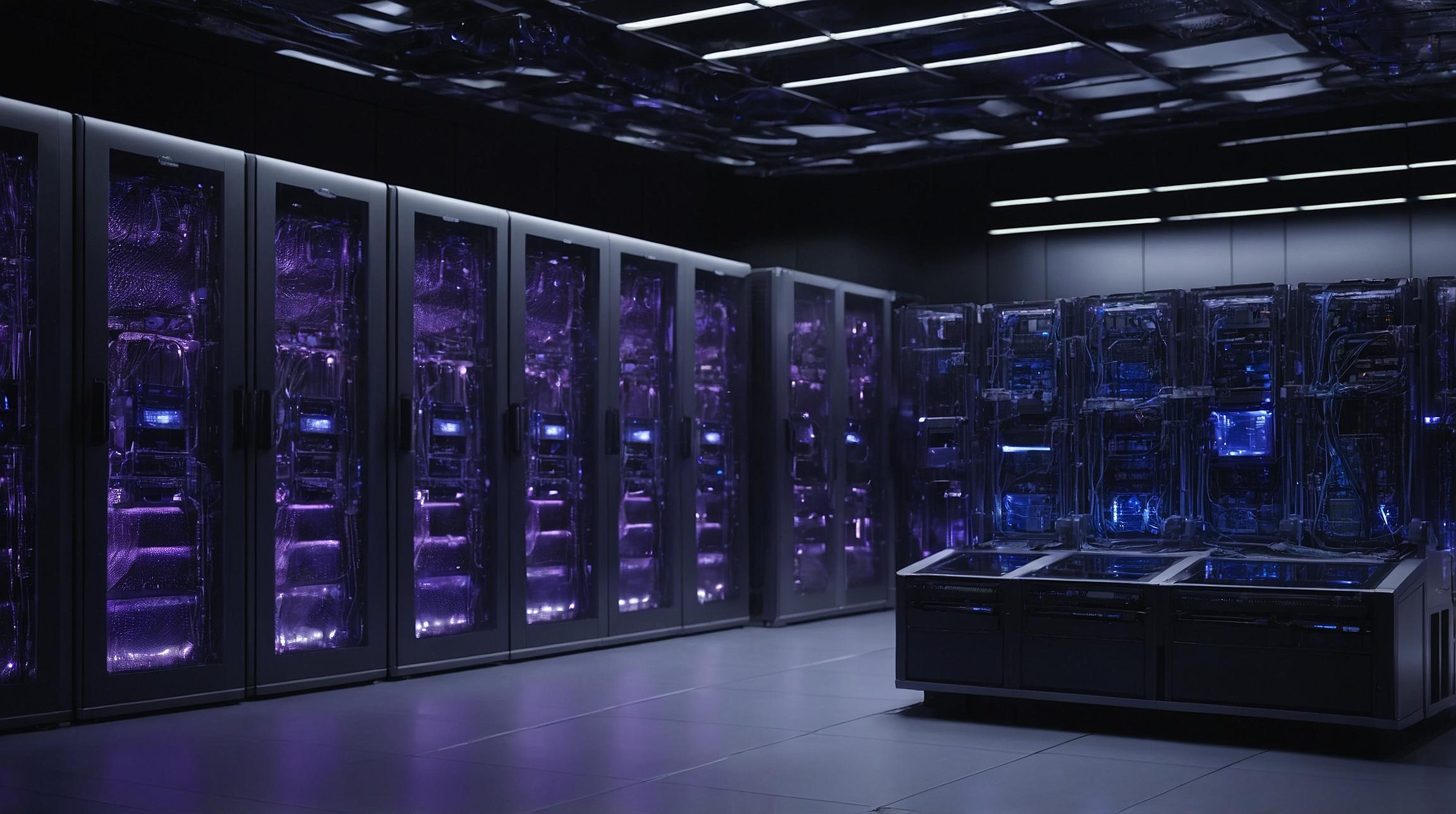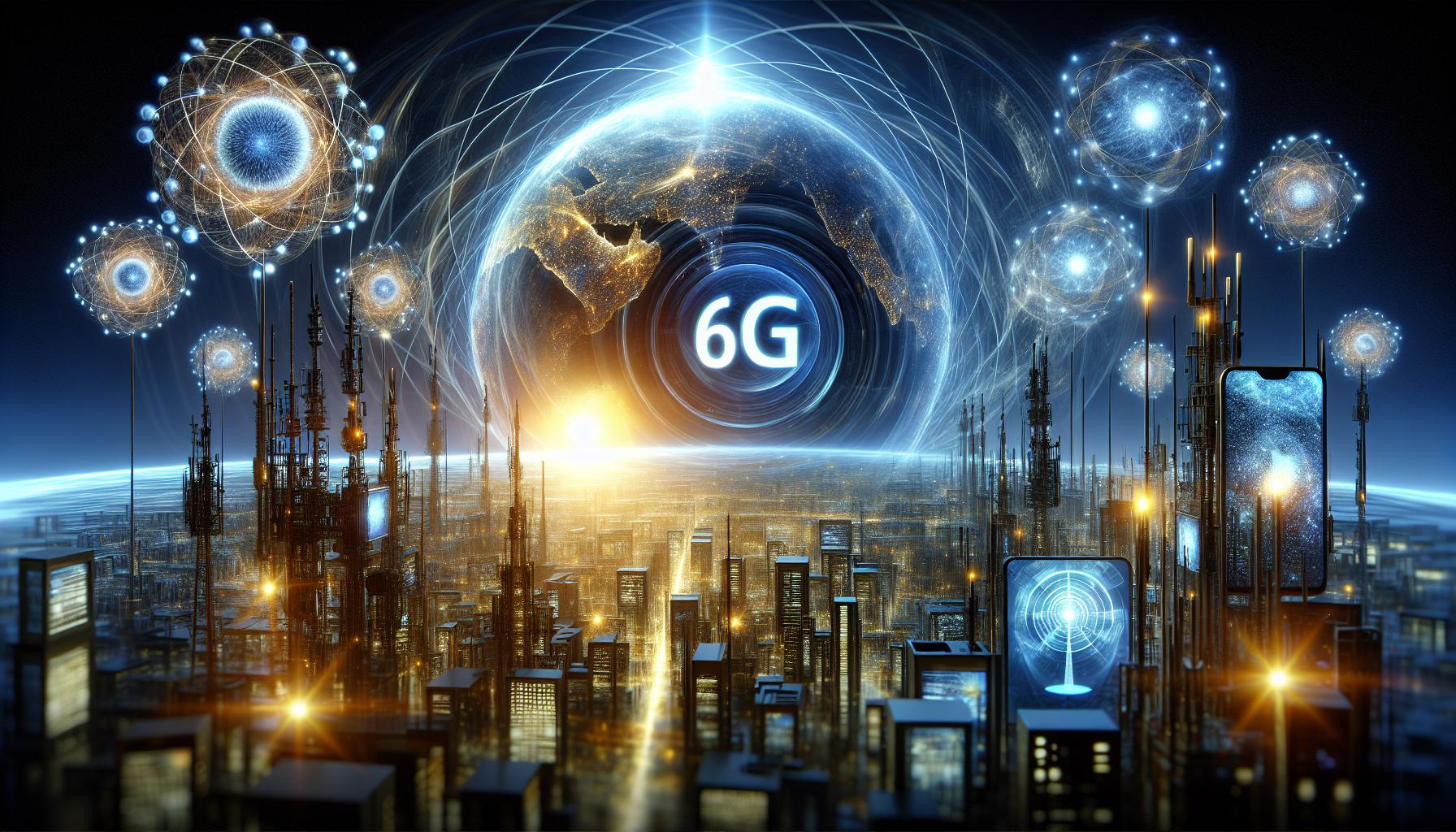SpaceX Commits $17 Billion to Acquire Spectrum for Starlink’s Direct-to-Cell Expansion
SpaceX has made a decisive move in the competitive wireless spectrum market by agreeing to purchase a substantial portion of spectrum assets from EchoStar for $17 billion. This transaction, split evenly between cash and SpaceX stock, secures critical radio frequencies that will support Starlink’s emerging direct-to-cell (D2C) satellite services.
Spectrum: A Scarce and Strategic Resource
The deal centers on spectrum, the finite range of radio frequencies essential for wireless communications including phone calls, texts, GPS, and satellite links. The Federal Communications Commission (FCC) regulates spectrum allocation, dividing it into bands that must be carefully coordinated to prevent interference. Only specific bands are suitable for satellite-to-phone communications, making access highly competitive.
Historically, terrestrial carriers like AT&T and Verizon have dominated prime cellular bands, while satellite operators such as Iridium and Globalstar held separate allocations. However, regulatory changes in 2024 introduced the Supplemental Coverage from Space (SCS) framework, allowing satellites to extend terrestrial carrier networks legally. Under SCS, satellites can use existing carrier spectrum as a secondary service to close coverage gaps.
From Partner-Dependent to Spectrum License Holder
SpaceX has leveraged the SCS framework to launch Starlink’s direct-to-cell service in partnership with T-Mobile, offering premium satellite connectivity integrated with terrestrial networks. With the EchoStar acquisition, SpaceX transitions from relying on partnerships to owning the spectrum licenses outright. This strategic control removes dependency on terrestrial carriers for spectrum access, strengthening Starlink’s market position.
Strategic Implications and Industry Context
While SpaceX primarily manufactures rockets and satellites rather than cell phones, CEO Elon Musk has hinted at potential hardware ventures under his other company, X, which recently merged with xAI. Musk’s interest includes challenging established players like Apple, which currently partners with Globalstar to enable satellite features such as Emergency SOS on iPhones. Apple has invested over $1.5 billion to expand satellite-enabled services, yet some analysts speculate SpaceX’s spectrum acquisition might be leverage to attract Apple’s collaboration.
This acquisition follows SpaceX’s previous spectrum disputes, notably with Dish Network (a subsidiary of EchoStar) over the 12 GHz band and AWS-4 spectrum. SpaceX has also clashed with Amazon’s Kuiper project over spectrum sharing and interference regulations, prompting the FCC to reconsider satellite spectrum-sharing rules. Earlier this year, the FCC initiated a formal rulemaking process to update these rules, influenced by petitions and filings from SpaceX and other satellite operators.
Looking Ahead
SpaceX’s $17 billion investment signals its ambition to lead the satellite-to-cellular connectivity sector, leveraging regulatory changes and spectrum acquisition to build a robust, vertically integrated offering. The company’s next steps will likely involve expanding service availability and potentially developing end-user hardware to capitalize on its spectrum holdings.
FinOracleAI — Market View
SpaceX’s acquisition of EchoStar’s spectrum licenses solidifies its control over a critical resource needed to expand Starlink’s direct-to-cell services. This strategic move reduces dependency on terrestrial carriers and positions SpaceX to capture a larger share of the satellite-to-phone market. However, execution risks remain, including regulatory hurdles and competition from established players like Apple and Amazon’s Kuiper. Investors should monitor upcoming FCC rulings on spectrum sharing and any announcements regarding hardware partnerships or consumer service rollouts.
Impact: positive













